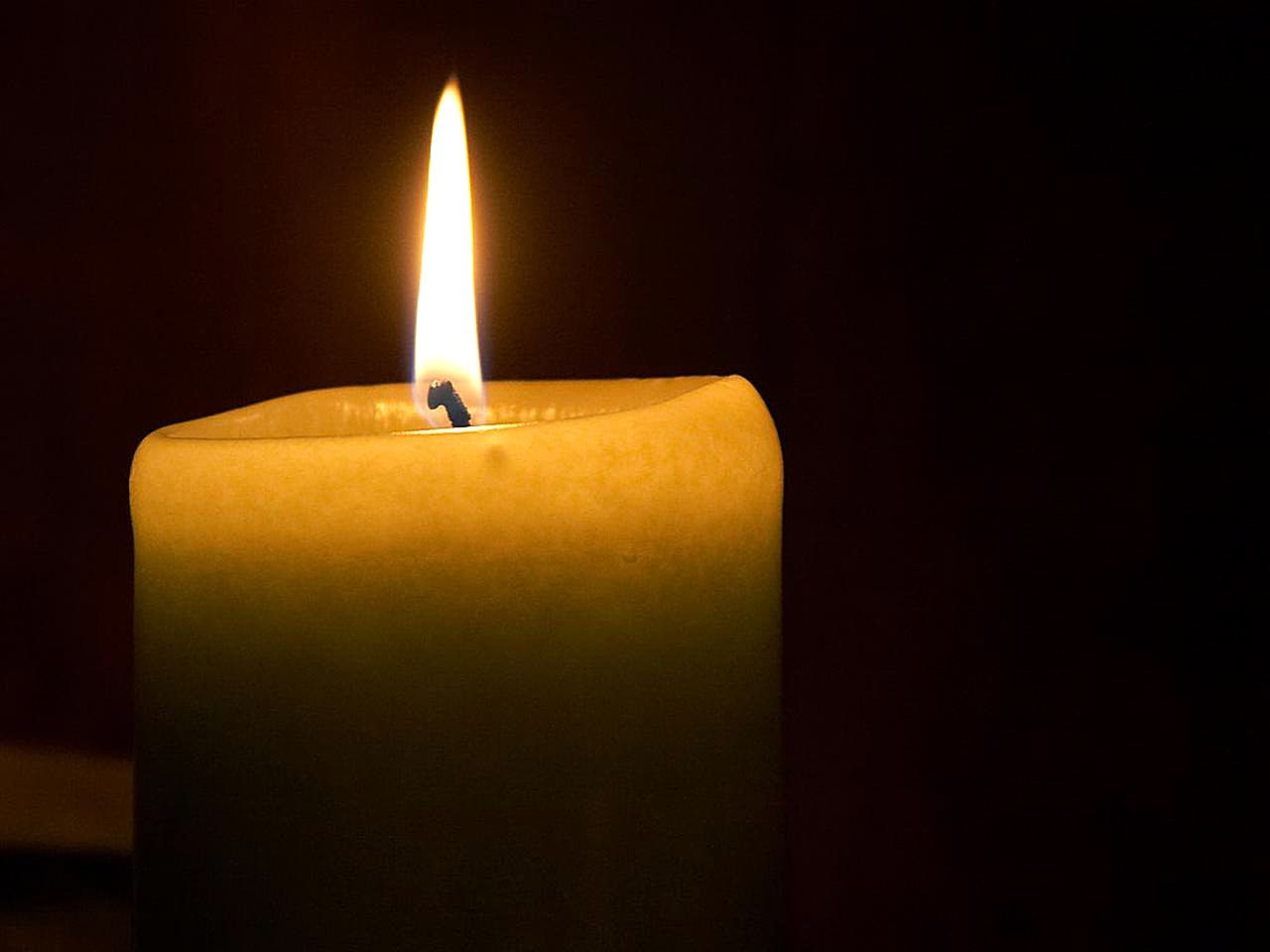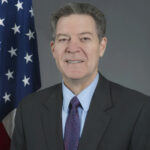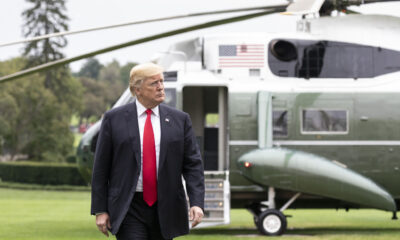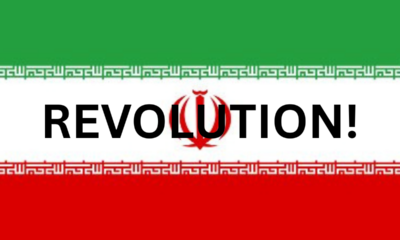Executive
75 Years On, Stop Viewing Religious Freedom as Second-Class Human Right
75 years after the UN adopted its Universal Declaration of Human Rights, religions freedom remains a second-class right. That must end.

This month marks 75 years since the United Nations General Assembly adopted the Universal Declaration of Human Rights (UDHR) — the document that has become the blueprint for our international architecture of rights.
The UDHR references “the equal and inalienable rights of all members of the human family” in its opening lines and goes on to lay out these rights in 30 subsequent articles. Each is vital to creating a global roadmap for protecting and advancing human rights for all, but Article 18 holds particular significance. This article outlines the right to “freedom of thought, conscience and religion,” a concept that is also referred to as “freedom of religion or belief” and “international religious freedom.” In fewer than 50 words, Article 18 codifies what we consider to be a wellspring right, meaning it is so foundational that many other rights flow from it.
For example, without freedom of thought, how can we have freedom of speech or expression? What is freedom of assembly without the right to believe and worship as one chooses with that group? Although conscience rights underpin so many other vital freedoms, we have seen that the ideas contained in Article 18 often get sidelined within the broader human rights movement. In 2013, the British All Party Parliamentary Group on International Religious Freedom issued a report that referred to freedom of religion or belief as “an orphaned right,” one that is “only protected to the extent that it does not stand in the way of achieving some other goal or ambition.”
We have seen firsthand how engaging with matters of faith can make many in the political and human rights worlds uncomfortable. These voices often suggest that defending freedom of religion can cause problems in international affairs — for example, when dealing with authoritarian regimes like China that regularly violate the conscience rights of their people. But it’s well worth risking sticky geopolitical situations to stand up for religious freedom. We know from research and experience that both religious freedom and religious pluralism lead to more peaceful, prosperous, democratic societies. As we like to say, defending religious freedom is not just good for individual souls but for the whole of society.
For all its benefits, current trends for international religious freedom do not look promising. More than 80 percent of the world’s population live in countries that restrict or repress freedom of religion or belief in some way. Many of these restrictions, and outright human rights violations, happen in countries where we would expect it: China, Russia, Iran, North Korea, Afghanistan, Myanmar — the list goes on. But we have also seen alarming signs in robust democracies like Japan and Finland, and religion-based violence has exploded in countries that are democracies, such as India, Nigeria and Pakistan. The assaults on conscience rights around the globe are intensifying, and virtually no faith community or belief system is spared.
Most recently, we have seen an ancient form of religion-based hate, namely antisemitism, sweeping across the world in horrible ways, and we have also witnessed an increase in violent anti-Christianity and Islamophobia. This grim reality reminds us that there is much work to do to ensure that countries live up to the ideals outlined in Article 18 of the UDHR. But we cannot hope to achieve this goal until conscience rights are no longer viewed as second-class citizens among the panoply of rights.
The importance of religious freedom is not a new idea. Indeed, after conquering Babylon, one of the first acts the Persian king Cyrus the Great undertook was decreeing that all people had a right to choose their own religion. This decree was preserved on the clay “Cyrus Cylinder” — which many view as the world’s first human rights charter — alongside other vital decrees, such as the freeing of slaves and establishing racial equality. Cyrus knew the great worth of religious freedom all the way back in 539 B.C. It seems we are still trying to grasp its significance in 2023.
As we celebrate the 75th anniversary of the UDHR, we urge more governments and leaders to recognize the inherent value of this freedom. The annual International Religious Freedom Summit, which will convene for the fourth time in January, has helped to create civil society momentum around this issue and bring people from across the political spectrum and spanning dozens of faith traditions together to advocate for religious freedom.
Now we need governments to take up the cause more fully. We have seen progress in the International Religious Freedom or Belief Alliance, a growing network of over 40 like-minded countries that designate senior government representatives to discuss actions their nations can take together to promote respect for freedom of religion or belief and protect members of religious minority groups worldwide. We have also been encouraged to see major government agencies recognizing the importance of faith communities in achieving broader development goals, such as USAID introducing a new strategic religious engagement policy.
These are important steps, and we hope that this 75th anniversary opens the door for more action that will move the needle on the foundational rights contained in Article 18.
This article first appeared in The Hill on Dec. 10, 2023.
This article was originally published by RealClearPolitics and made available via RealClearWire.
-

 Civilization2 days ago
Civilization2 days agoWhy Europe Shouldn’t Be Upset at Trump’s Venezuelan Actions
-

 Accountability5 days ago
Accountability5 days agoWaste of the Day: Principal Bought Lobster with School Funds
-

 Executive3 days ago
Executive3 days agoHow Relaxed COVID-Era Rules Fueled Minnesota’s Biggest Scam
-

 Constitution4 days ago
Constitution4 days agoTrump, Canada, and the Constitutional Problem Beneath the Bridge
-

 Christianity Today2 days ago
Christianity Today2 days agoSurprising Revival: Gen Z Men & Highly Educated Lead Return to Religion
-

 Civilization3 days ago
Civilization3 days agoThe End of Purple States and Competitive Districts
-

 Executive3 days ago
Executive3 days agoWaste of the Day: Can You Hear Me Now?
-

 Executive4 days ago
Executive4 days agoWaste of the Day: States Spent Welfare in “Crazy Ways”











